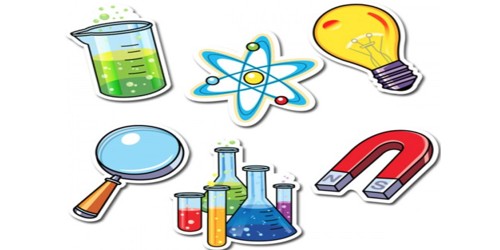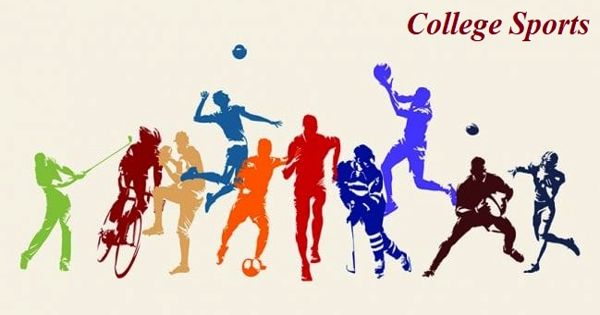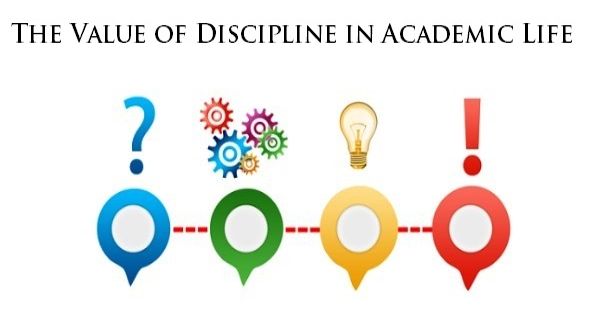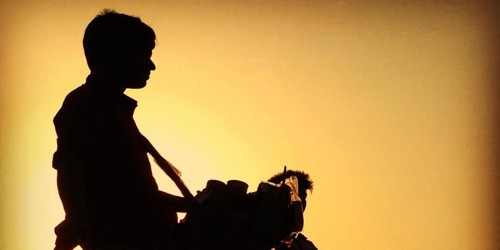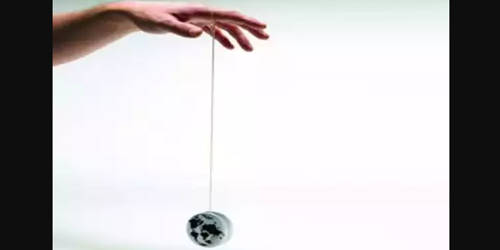Science in Everyday Life
Science is creating wonders almost every day. Science has conferred many gifts in modern life. The wonderful inventions of science such as electricity, fans, air-conditioners, television, mobile phones, motor vehicles, etc. have eased our life, and now it has become almost impossible to live without using them. Science has brought about a revolutionary change in agriculture, food, medical science, communication, etc.
The Renaissance first taught man to realize the value of scientific progress, but it was not until the 18th century that the Industrial Revolution in the West really showed the impact science could have on living through developments in land-tillage, commercial production, transportation, and the beginning of the supply of mass-produced consumer goods. Progress in real living is achieved less through ‘things’ than through education, the arts and the love of beauty. Science has nothing to say to us in these categories, merely providing aids and short-cuts. Without them, life would be no more than the struggle for survival; there would be no time or incentive to pursue higher things.
Science gives us safe food, free from harmful bacteria, in clean containers or hygienic tins. It also teaches us to eat properly, indicating a diet balanced in protein and carbohydrate and containing vitamins. Science has also improved clothing and made it more appropriate for climatic and working conditions. Man-made fibers and versatile spinning machines, today enable us to dress in clothes both comfortable and smart without being expensive. We cannot think of living without our mobile phones.
Home, school, and office all bear witness to the progress and application of science. Nowadays, most homes possess electric lighting and cooking, but many also have washing machines, vacuum cleaners, and kitchen appliances, all designed to increase comfort and cleanliness and reduce drudgery. Science produces the fan which cools the air, the machinery which makes the furniture and fabrics, and a hundred and one other features for good living.
In the old days, the idea of travel or taking a holiday was the monopoly of the privileged few. Today, science has given us the steamer, the aircraft, and the motor-car. New horizons are opened to us and the increase of wealth brought about by science has given us the means to enjoy the new leisure we have been given. Today, because of the use of antibiotics and isotopes, many diseases are speedily cured and man has become, on the whole, a healthier being, set free from pain and illness. Human heart-transplantation is a significant achievement in the field of surgery. In fact, the transplantation of human organs is quite possible now to save the lives of men.
Science has been completely beneficial to ordinary living when properly applied. We now live scientifically; move scientifically, think scientifically and feel scientifical. When misused, it is equally harmful. Land can be poisoned by chemicals, workers can suffer industrial disease, war can mobilize science to man’s own destruction. Science is a good servant, but a man must remain master. We need science more than ever before indeed.
